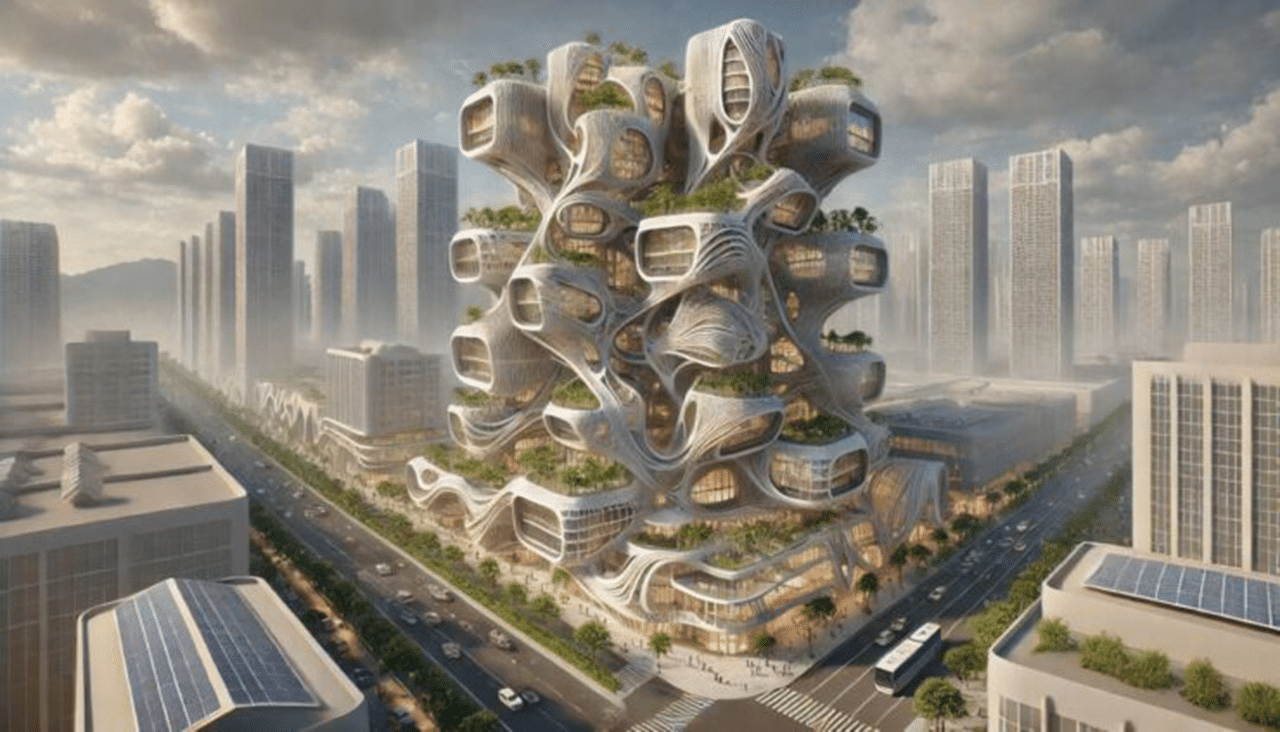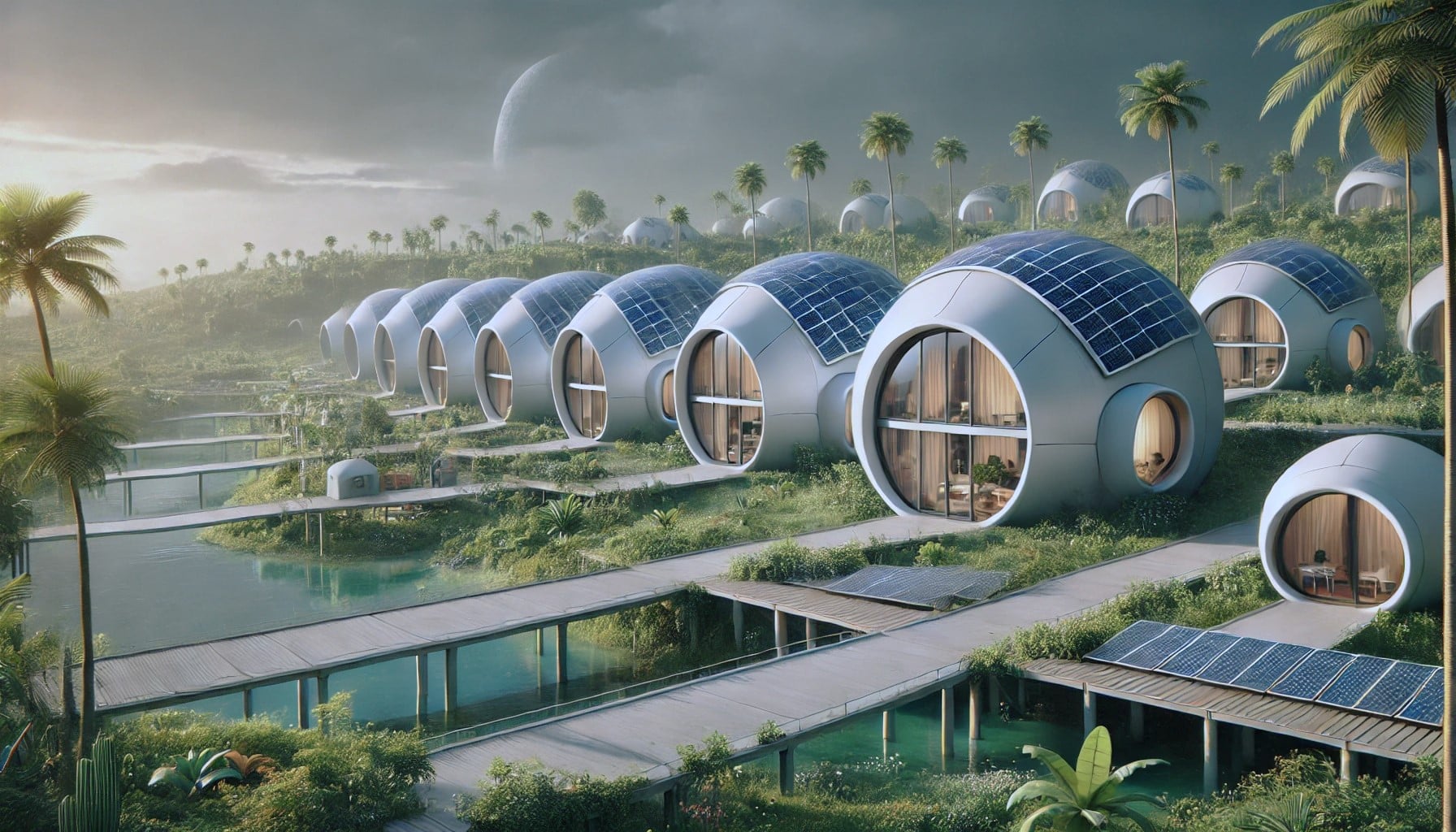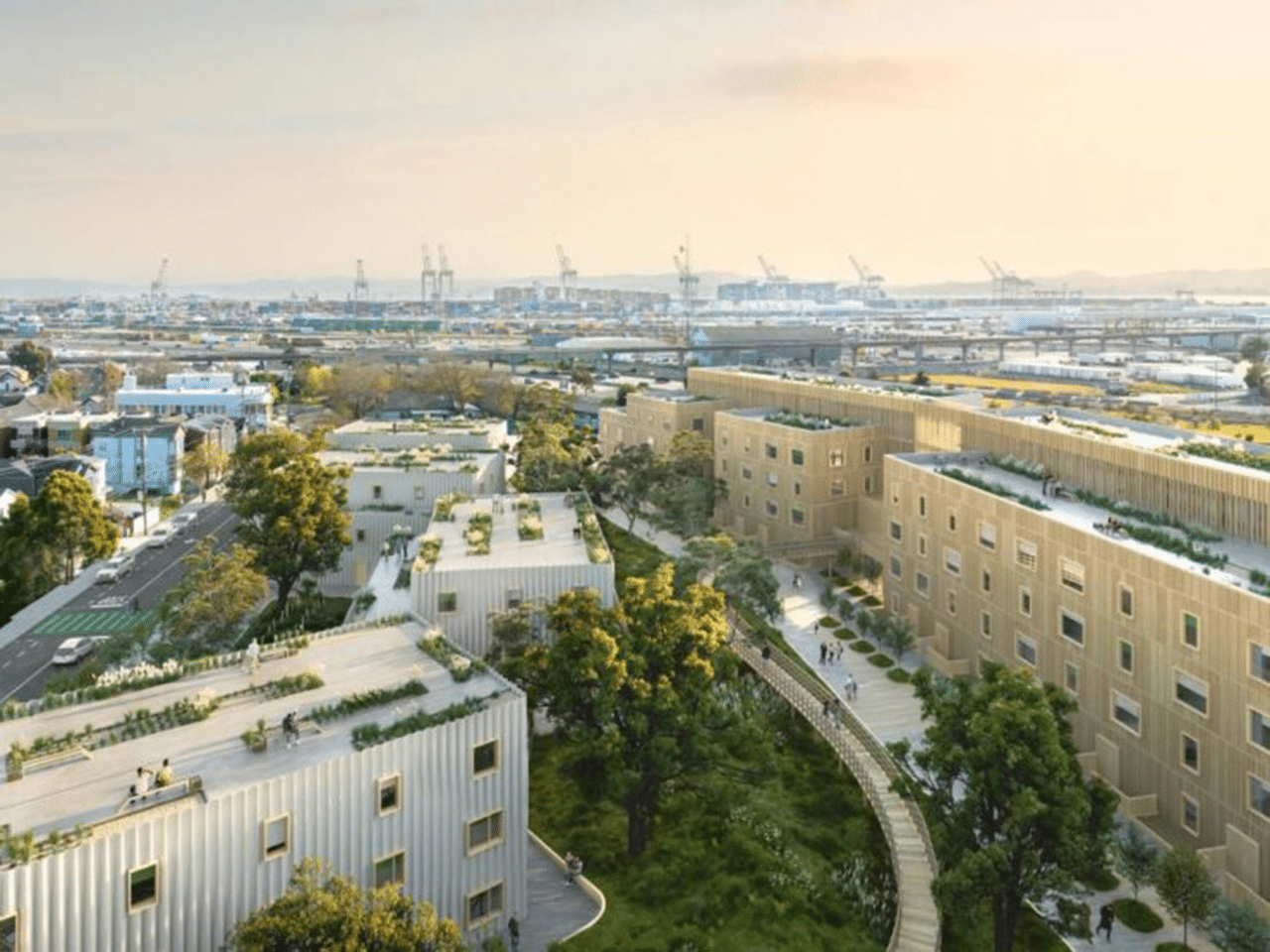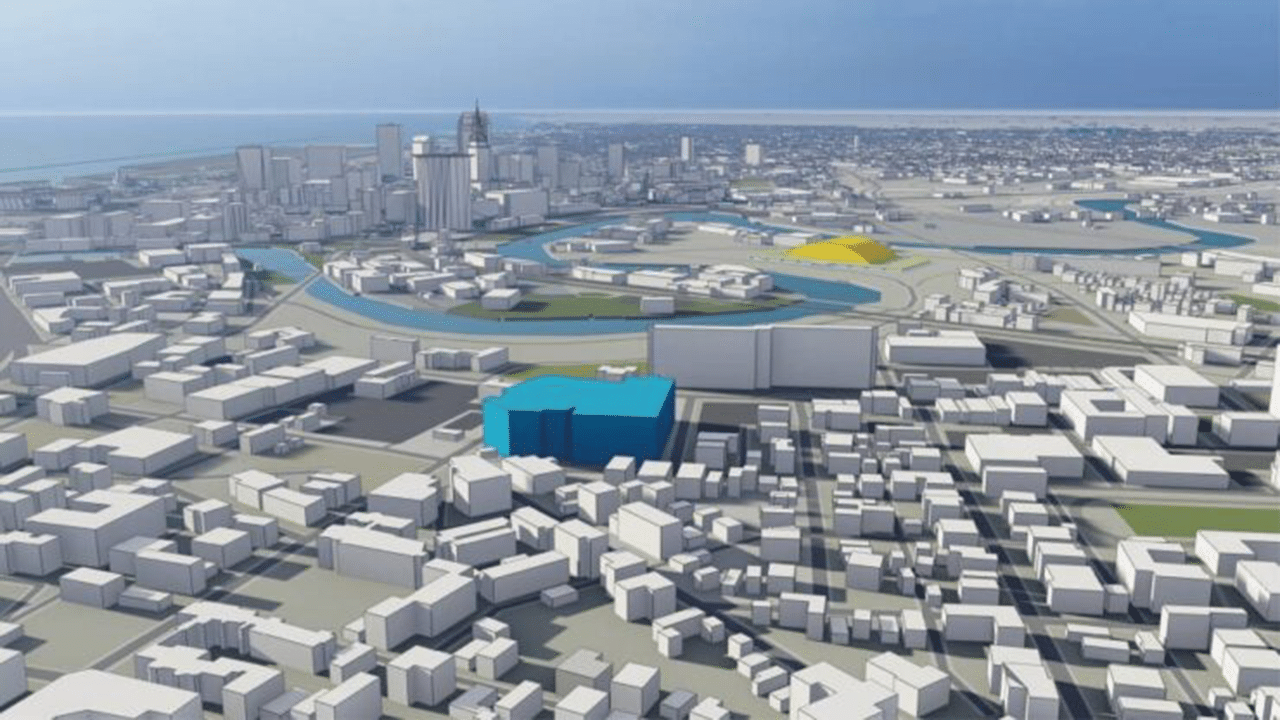Smarter Philippine cities with artificial intelligence?

One of the greatest challenges is preserving cultural identity while embracing advanced technologies. Future architects may need to train AI to blend traditional Filipino elements with modern innovation, ensuring that new developments reflect the country’s rich cultural heritage.
Urban planning becomes increasingly complex as cities grow, and conventional methods struggle to keep up.
Advanced systems powered by machine learning and data-driven algorithms can predict and address urban challenges before they escalate. By analyzing extensive datasets such as population growth, traffic patterns, and infrastructure demand, cities like Singapore use these technologies to model urban growth. Planners make proactive decisions that optimize land use and infrastructure development.
This level of predictive capability could fundamentally change how cities like Metro Manila or Cebu plan for the future. Rather than reacting to overcrowding, artificial intelligence (AI) can help urban planners anticipate and mitigate these issues before they become critical.
Building resilience with AI
By integrating predictive analytics into city planning, AI can help predict the impact of frequent natural disasters, like typhoons and flooding,
enabling cities to prepare and respond more effectively.
In cities like Copenhagen, such tools have already improved the speed and efficiency of emergency responses and public safety efforts.
For the Philippines, where natural disasters are common, having intelligent systems that predict and mitigate risks could prove invaluable. With real-time data at their disposal, emergency services could respond faster, minimizing the impact of calamities.

In the Philippines, leveraging AI and 3D printing technologies in housing projects could transform the future of affordable, storm-resistant homes, offering millions the opportunity to live in safe, resilient communities.
Sustainable, smart building systems
Beyond just planning at a city-wide level, identifying patterns with big data in individual buildings is equally transformative.
Smart buildings with AI-driven systems optimize energy use, monitor structural integrity, and predict maintenance needs.
In the Philippines, where energy consumption is a significant concern, simulations could be vital in reducing costs and improving energy efficiency. Smart grids, already in use in cities like Barcelona, monitor and balance energy distribution across urban centers, integrating renewable energy sources to reduce dependency on traditional fuel.
Revolutionizing affordable housing with AI
Housing shortages have become a critical issue in the Philippines, as many urban areas struggle to meet demand.
Machine learning models can optimize designs, minimizing material waste while maximizing the layout design. The rise of AI-driven construction techniques, such as 3D printing, could help develop stormproof affordable housing on a scale.
In a housing complex project in West Oakland, California, AI-enabled rapid iteration design processes are already being used to build homes more quickly and cost-effectively. If adopted in the Philippines, these technologies could ensure affordable housing becomes a reality for millions of Filipinos.

The Phoenix will consist of 316 affordable and sustainable homes in West Oakland, California. It will be built at about half the cost, time, and with a lower carbon footprint, using AI-powered insights. (https://adsknews.autodesk.com)
Bridging tradition and innovation in design
Through machine learning algorithms technologies, cities in the Philippines can become more livable, connected, and responsive to their residents’ needs.
Adaptive environments could enhance convenience, while AI-driven waste management systems ensure cleaner urban spaces.
The rise of digital twins or virtual models of urban environments allows city planners to simulate and test different design scenarios before implementation.
Architects can use AI to model how buildings interact with their surroundings, ensuring that new developments blend harmoniously with historic landmarks or local architectural styles. This technology could revolutionize how cities perform and manage, making future urban living in the Philippines more sensible, efficient, and enjoyable.

A digital twin is a virtual model of a city that uses real-time data, simulations, and analytics to mirror and analyze the physical environment, allowing planners to test scenarios and predict impacts before making real-world changes. (https://lidarmag.com)
The author (www.ianfulgar.com) is a leading architect with an impressive portfolio of local and international clients. His team elevates hotels and resorts, condominiums, residences, and commercial and mixed-use township development projects. His innovative, cutting-edge design and business solutions have garnered industry recognition, making him the go-to expert for clients seeking to transform their real estate ventures
